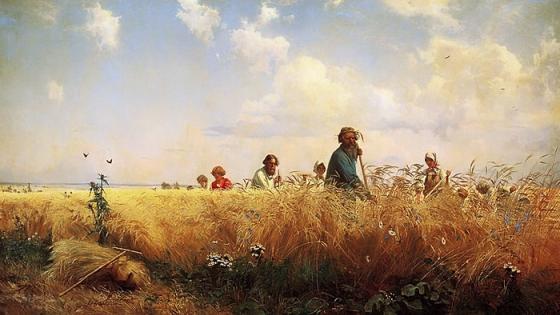
Sheilagh Ogilvie is the Chichele Professor of Economic History at All Souls College, Oxford, and a Fellow of the British Academy. She holds degrees from the University of St Andrews (1979), Cambridge (1985), and Chicago (1992). She was successively Lecturer (1989), Reader (2000), and Professor of Economic History (2004) in the Faculty of Economics at the University of Cambridge, before moving to the University of Oxford in 2020.
Sheilagh is the author of State Corporatism and Proto-Industry (Cambridge, 1997), Women, Markets and Social Capital in Early Modern Germany (Oxford, 2003), Institutions and European Trade: Merchant Guilds, 1000-1800 (Cambridge, 2011), The European Guilds: An Economic Analysis (2019), and the editor of European Proto-Industrialization (Cambridge, 1996), Germany: A New Social and Economic History (3 vols, London, 1996/2003), and Revolution des Fleißes, Revolution des Konsums? (Ostfildern, 2015). She has published journal articles on institutions and economic development, the economics of guilds, merchants, rural communities, serfdom, consumption, retailing, occupational structure, demography, proto-industry, banking, female labour force participation, regulation, the growth of the state, and social capital.
She is the winner of the Gyorgy Ranki Prize (1999), the Anton Gindeley Prize (2004), the René Kuczynski Prize (2004), the Stanley Z. Pech Prize (2008), and the Gyorgy Rank Prize again (2021). She has been the director of research projects on “Social Structure in Bohemia, 1500-1750” (British Academy, 2001-03), “Economy, Gender, and Social Capital in the German Demographic Transition” (Leverhulme Trust, 2005-07), and “Human Well-Being and the ‘Industrious Revolution’: Consumption, Gender and Social Capital in a German Developing Economy, 1600-1900” (ESRC, 2008-12). She held a British Academy/Wolfson Research Professorship (2013-16), during which she explored the relationship between human capital and long-term economic growth. Her current research focuses on serfdom, human capital, state capacity, and epidemic disease.

VoxEU Column
Labour scarcity and labour coercion: Serfdom in Bohemia
-

- Economic history 
- Institutions and economics 
- Labour Markets

VoxEU Column
Medieval Champagne fairs: Lessons for development
-

- Development 
- Economic history